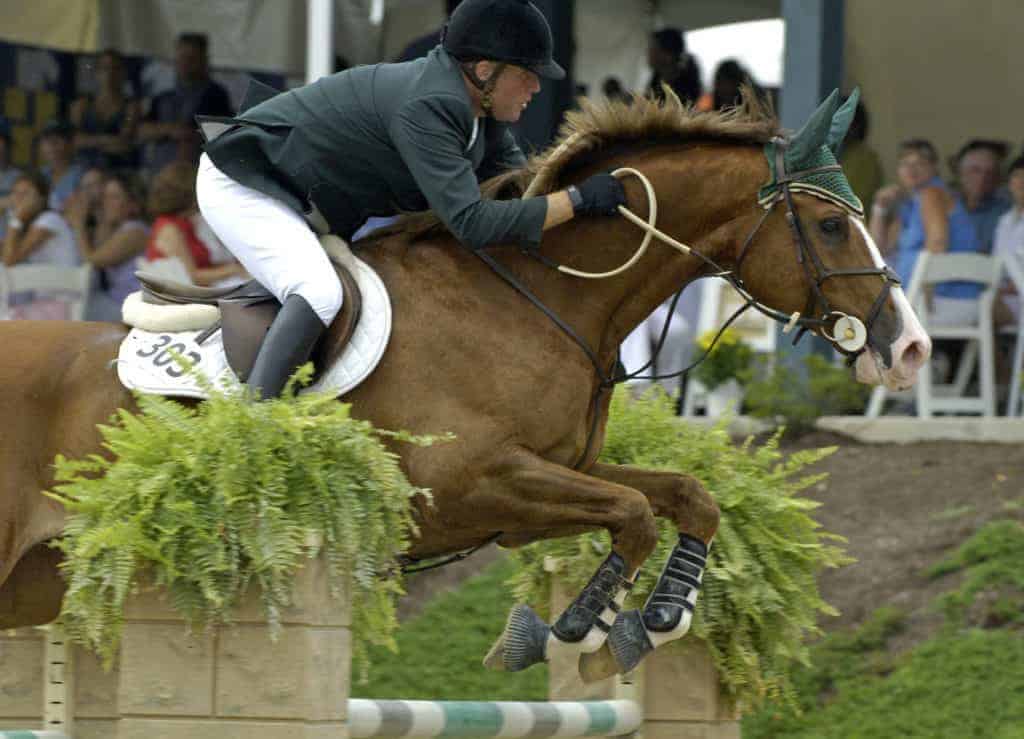
A Quick Guide to Macronutrients for Horses
The three major macronutrients—carbohydrates, fats, and protein—make up the bulk of the equine diet and are the main nutrient sources necessary for all aspects of life.

The three major macronutrients—carbohydrates, fats, and protein—make up the bulk of the equine diet and are the main nutrient sources necessary for all aspects of life.

Learn how proper nutrition can help improve horses’ musculoskeletal, immune, endocrine, and gastrointestinal health.

Learn how gastric ulcers affect equine performance and the best ways for treating them in actively competing horses.

A University of Kentucky equine nutrition researcher recently shared what we know about horses’ protein needs, how they digest protein, and its role in building muscle and topline.

One researcher assessed the efficacy of four joint supplement ingredients: chondroitin sulfate, glucosamine, Boswellia serrata, and turmeric. Here’s what she found.

Learn the correct body condition score for a horse going into the cold months from equine nutritionist Dr. Clair Thunes.

Providing a balanced diet that meets your horse’s nutritional needs and being aware of possible shortcomings are vital for his care. Read about seven aspects of your horse’s diet that might not be up to par.

Osteoarthritis is one of the most common equine joint disorders, affecting an estimated one in five horses. Learn about specific strategies for supporting joint health in this free fact sheet. Sponsored by Hyaluronex Joint.

Dr. Frank Andrews shares insight into how likely a horse is to have gastric ulcers. His answer might surprise you.

Dr. Marty Adams shares his thoughts on the best joint supplement ingredients for performance horses.

Dr. Marty Adams talks about hay quality, impaction colic risk, and if Bermuda hay is appropriate for feeding horses.

Nutritionist Dr. Clair Thunes talks about the best ways to keep horses fueled and hydrated during competition.

Italian researchers found higher-placed haynets significantly shorten horses’ back muscles and change their jaw angles as they eat.

Find out how to keep you, your prone-to-worry horse, and those around him safe.

Behavior and performance changes that could be associated with gastric ulcers in horses should prompt further veterinary investigation.

Drs. Clair Thunes and Marty Adams outline what constitutes a performance horse and their unique dietary needs to support athletic training.
Stay on top of the most recent Horse Health news with
"*" indicates required fields